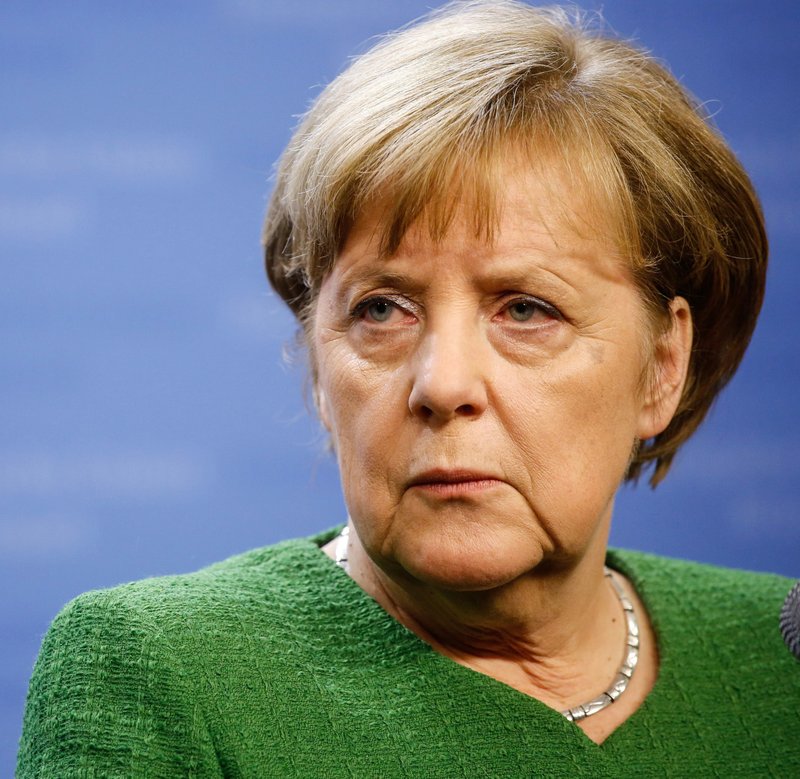BERLIN -- The fallout was swift the morning after German Chancellor Angela Merkel reached an uneasy late-night immigration compromise with hard-line coalition allies, an agreement that appears to have saved her fragile government.
To keep her government intact, Merkel was essentially forced to abandon the "Willkommenskultur," or culture of welcoming, that she had preached in 2015, when she welcomed nearly 1 million migrants into Germany.
With stricter border controls, transit camps and discretionary identification checks soon to be imposed on the nation's southern border, the future of the freedom of movement, a core European principle, may now be at stake in the heart of the Schengen zone, a 26-nation area where border controls have been abolished.
Facing a potential insurrection from Horst Seehofer, her interior minister and leader of her Bavarian sister party, the Christian Social Union, Merkel agreed that migrants will no longer be able to enter Germany from Austria without any checks, that they will be processed in "transit centers" at the border, and that an agreement would be made with Austria in the event that migrants ineligible for asylum are not accepted back by the European Union countries where they first arrived.
Early Tuesday, the Austrian government, headed by the right-wing, anti-migrant Chancellor Sebastian Kurz, said, "we will be obliged to take measures to avoid disadvantages for Austria and its people."
Merkel's compromise still depends on approval from her other coalition partner, the Social Democrats. Talks between Merkel, the Christian Social Union and Social Democrats continued Tuesday evening.
A Section on 07/04/2018

